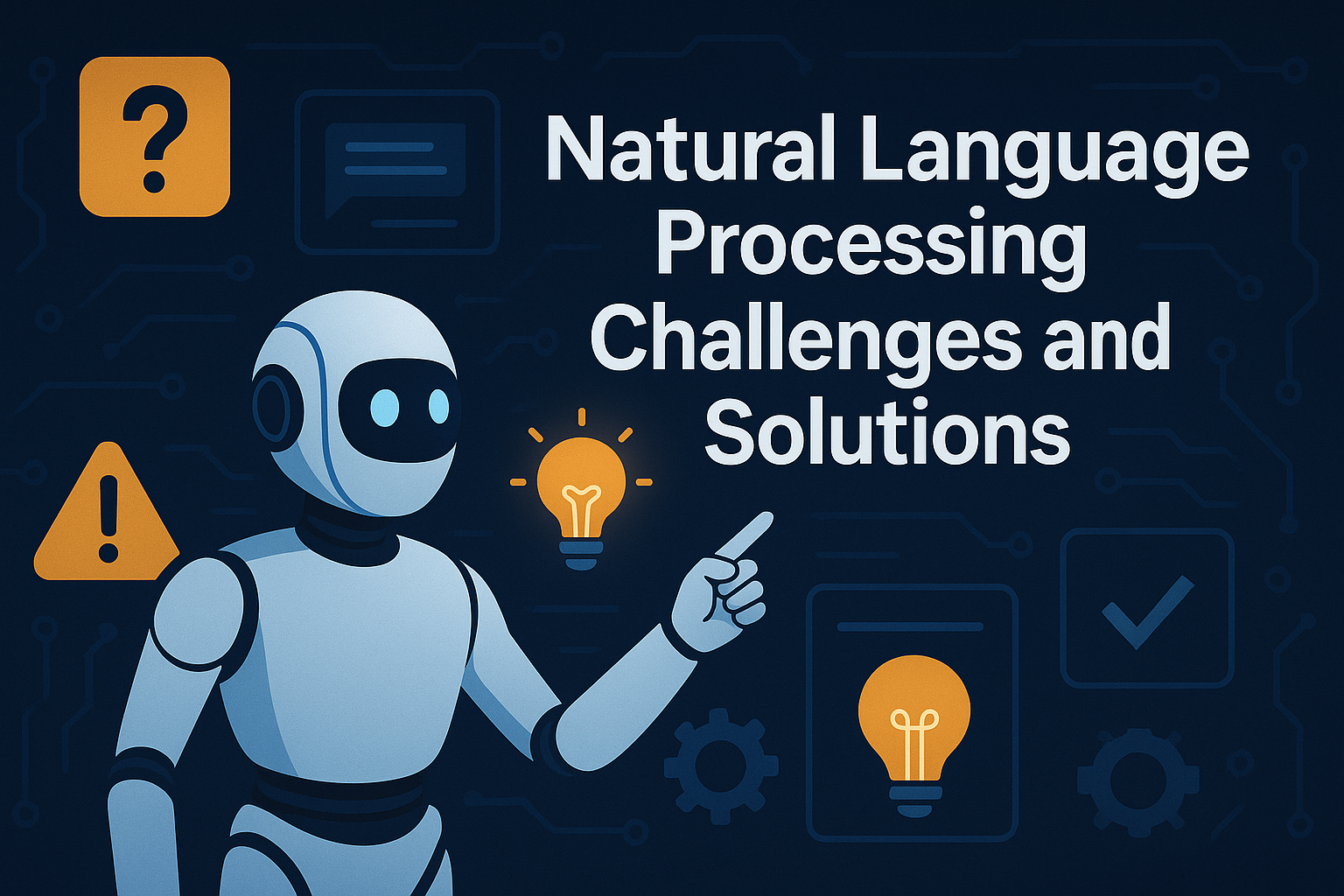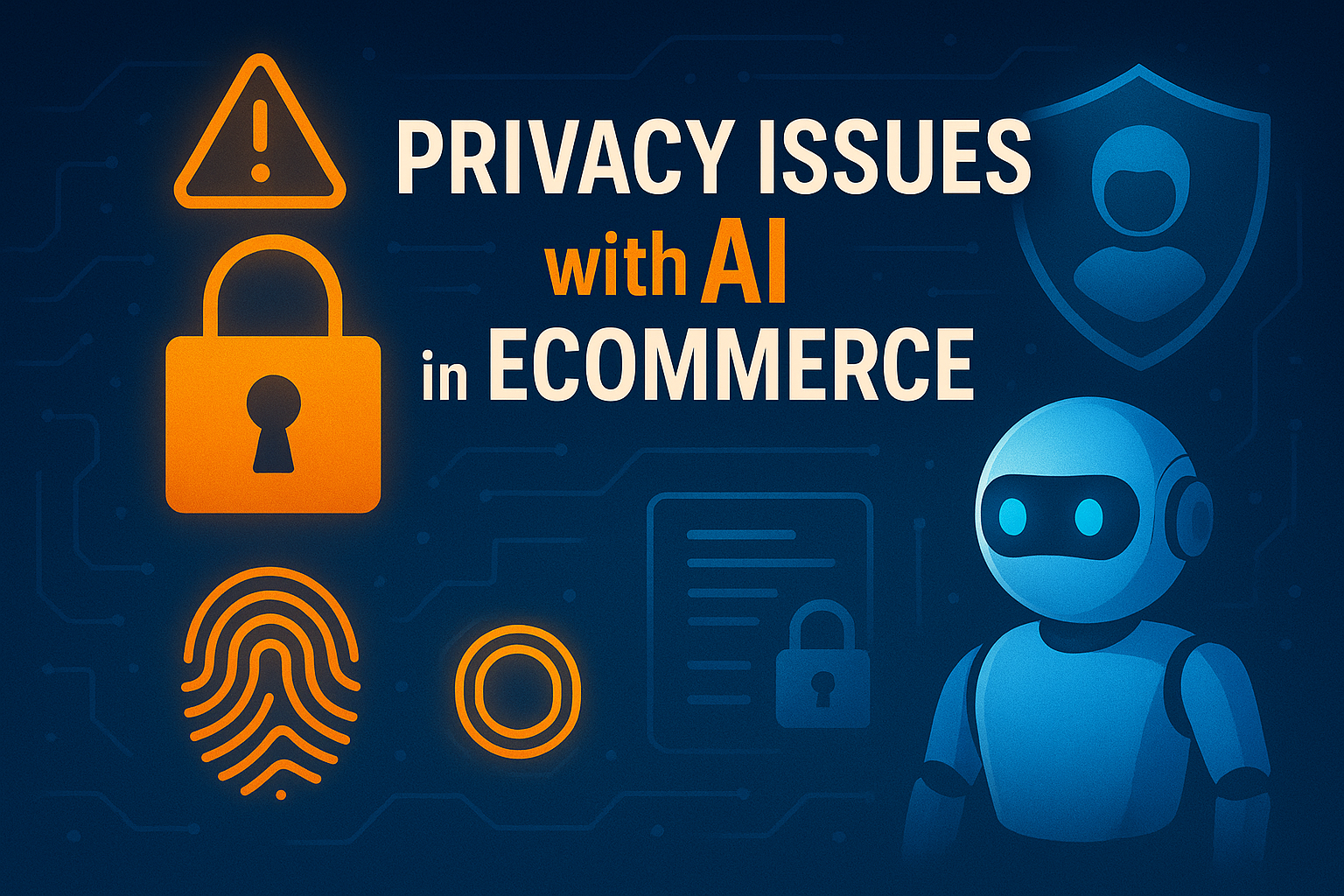Introduction
Artificial Intelligence (AI) is transforming the marketing landscape by enabling businesses to deliver personalized experiences, predict customer behavior, and automate tasks. This blog post explores effective AI marketing strategies, real-world applications, and best practices to help you leverage AI in your marketing efforts.
Key AI Marketing Strategies
- Personalization at Scale: AI analyzes customer data to deliver personalized content, product recommendations, and offers, enhancing customer engagement and conversion rates.
- Predictive Analytics: Machine learning models forecast customer behavior, enabling marketers to anticipate needs and tailor strategies accordingly.
- Chatbots and Virtual Assistants: AI-powered chatbots provide instant customer support, answer queries, and guide users through the sales funnel 24/7.
- Content Generation: Natural Language Processing (NLP) enables AI to create compelling content, such as product descriptions, social media posts, and email campaigns.
- Programmatic Advertising: AI automates ad buying, targeting specific audiences in real-time, optimizing ad spend and ROI.
Mathematical Perspective: Predictive Modeling
AI utilizes predictive modeling to forecast customer behavior. For instance, logistic regression can predict the probability of a customer making a purchase based on various features:
\[ P(Y=1) = \frac{1}{1 + e^{-(\beta_0 + \beta_1X_1 + \beta_2X_2 + \dots + \beta_nX_n)}} \]
Where:
- \(Y\): binary outcome (e.g., purchase or not)
- \(X_1, X_2, \dots, X_n\): predictor variables (e.g., age, browsing history)
- \(\beta_0, \beta_1, \dots, \beta_n\): model coefficients
This model helps marketers identify high-probability leads and tailor strategies to convert them effectively.
Real-World Applications
- Starbucks: Utilizes AI to personalize email marketing based on purchase history, increasing customer engagement and sales.
- Netflix: Employs AI algorithms to recommend content to users, enhancing user experience and retention.
- Amazon: Uses AI for product recommendations, dynamic pricing, and inventory management, optimizing sales and customer satisfaction.
- Sephora: Implements AI-powered chatbots to assist customers with product selection, improving the shopping experience.
- BMW: Leverages AI in programmatic advertising to target potential customers with personalized ads, boosting conversion rates.
Best Practices for Implementing AI in Marketing
- Data Quality: Ensure your data is clean, accurate, and relevant to train effective AI models.
- Customer Privacy: Comply with data protection regulations and be transparent about data usage to build trust.
- Human Oversight: Combine AI insights with human creativity and judgment to craft compelling marketing strategies.
- Continuous Learning: Regularly update AI models with new data to maintain accuracy and relevance.
- Integration: Seamlessly integrate AI tools with existing marketing platforms for efficient workflows.
Further Reading
Conclusion
AI is revolutionizing marketing by enabling personalized experiences, predictive insights, and automation. By adopting AI marketing strategies, businesses can enhance customer engagement, optimize campaigns, and drive growth. Embracing AI is no longer optional but essential for staying competitive in today's dynamic market.








